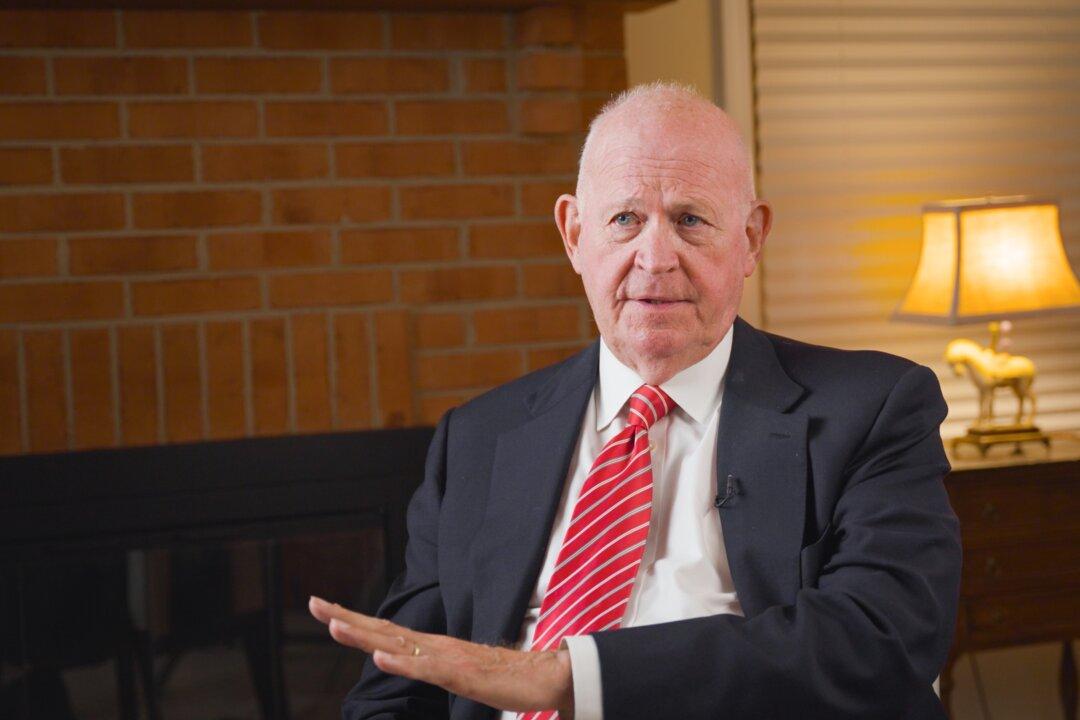“If you just watch television, you see all these members of the House and Senate bragging about their new legislation,” says Michael Pillsbury. “So of course, I would think—and others would think—we’re doing a lot to stop the Chinese. But what if it’s not true?”
In a recent episode of “American Thought Leaders,” host Jan Jekielek meets with Michael Pillsbury, a senior fellow for China strategy at The Heritage Foundation and co-author of a new report: “Winning the New Cold War: A Plan for Countering China.” Here, they discuss the possibility of war with China, the factors influencing the outcome of that conflict, and the need for legislation protecting U.S. interests. Pillsbury is also the author of “The Hundred-Year Marathon: China’s Secret Strategy to Replace America as the Global Superpower.”






